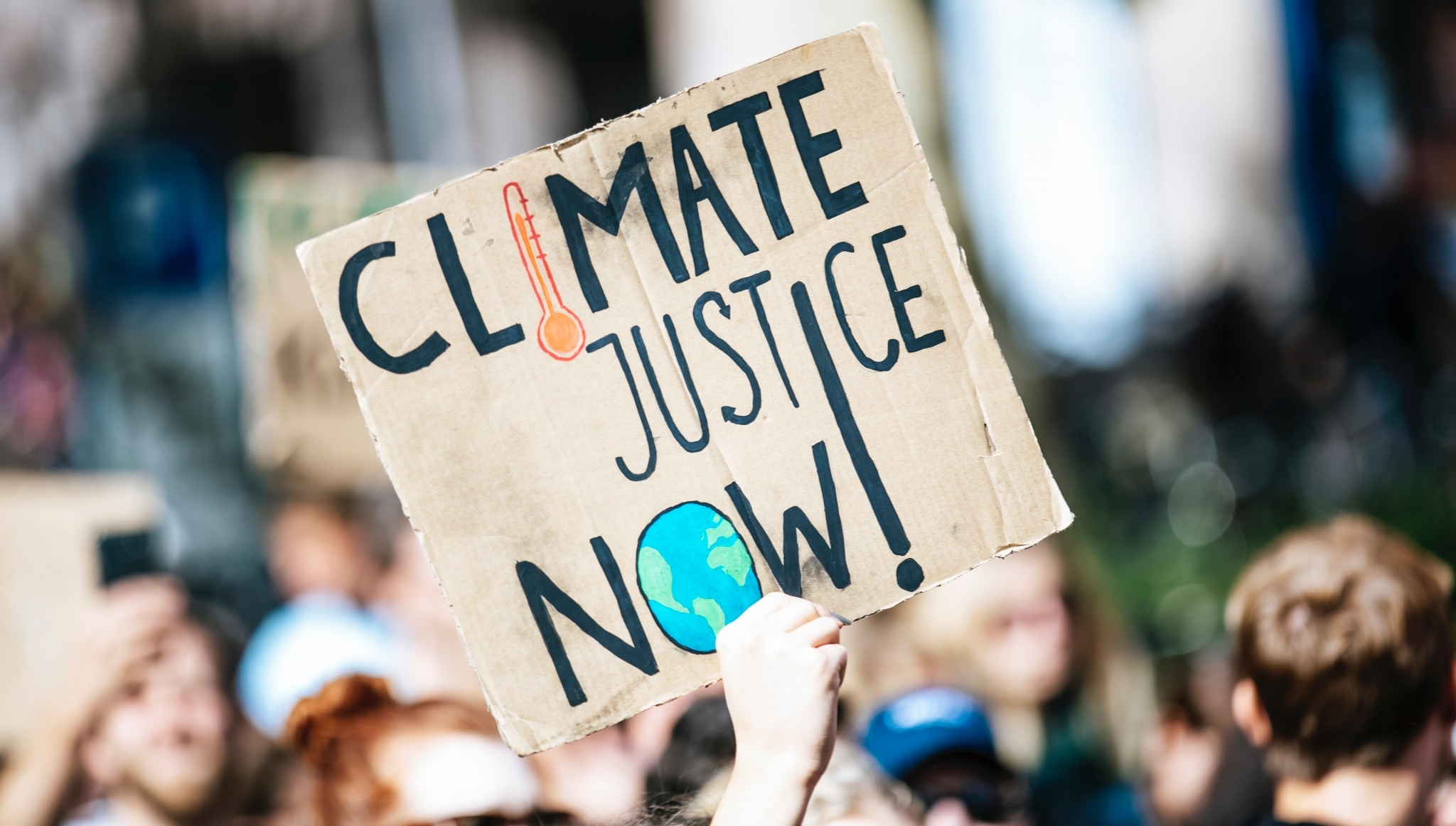|
|
Don’t Leave Low-Income Families in the Dark: California Needs Utility Debt Relief Now
07/02/2021
[ Article was originally posted on https://greenlining.org ]  A Looming Utility Debt CrisisUtility debt is an emergency facing low-income families throughout the state. Statewide debt estimates for water and energy customers is well over $3 billion, with over $2 billion in energy debt and $300 million from the Los Angeles Department of Water and Power customers alone. And this estimate continues to grow as families struggle to recover from the COVID-19 pandemic and economic crisis. Since April 2020, Californians have been protected from utility shutoffs due to the moratorium established by Governor Gavin Newsom. However, it expires on June 30, putting hundreds of thousands of families at risk of facing shut offs. Disconnecting customers means denying access to basic needs like lighting, food refrigeration, cooking, and space cooling. And, those with disproportionate energy debt and most at risk of potential shutoffs are low-income, immigrant, non-English speaking, those with disability and/or dependence on medical technology, and communities of color, particularly Black and Latinx communities. In fact, according to a report by the UCLA Luskin Center, 64% of the population most severely affected by utility debt and at risk of disconnection in LA neighborhoods are Latino. These are also the communities most impacted by the pandemic, with significant overrepresentation in COVID-19 cases and deaths as well as job losses. Without infrastructure to protect them when the moratorium ends, families will be forced to cut other essential expenses like food and medicine to pay their energy debt, or risk disconnection in the midst of extreme heat days and wildfire season. Not only will this have dire consequences in the immediate term, it will continue to exacerbate the increasingly vast racial wealth gap. A Proactive Solution to the Utility Debt CrisisTo support essential access to energy services as the pandemic and its disproportionate economic impacts continue, we call on the Governor and the Legislature to:
Without these measures, I’m scared for our families. Crippling energy debt and the risk of disconnection is an emergency, especially in anticipation of record high summer temperatures and another brutal wildfire season. The Governor may declare an end to California’s state of emergency this summer, but that is not the reality for our most vulnerable communities who are still reeling from the pandemic--many of whom were essential workers whose labor kept us afloat throughout the pandemic. Now it’s up to California’s leaders to provide the needed utility debt relief and ensure that those struggling to make ends meet continue to have access to power. We earnestly request that the Governor and the Legislature protect our families, ensure basic needs are met, and prohibit preventable losses. After all, our economy cannot fully recover without supporting the low income workers who’ve risked their lives to maintain it throughout the pandemic. And more importantly, we have a moral responsibility to take care of each other.
Sooji Yang is Greenlining’s Energy Equity Fellow. Follow her on LinkedIn and Twitter. Back To News |
|





